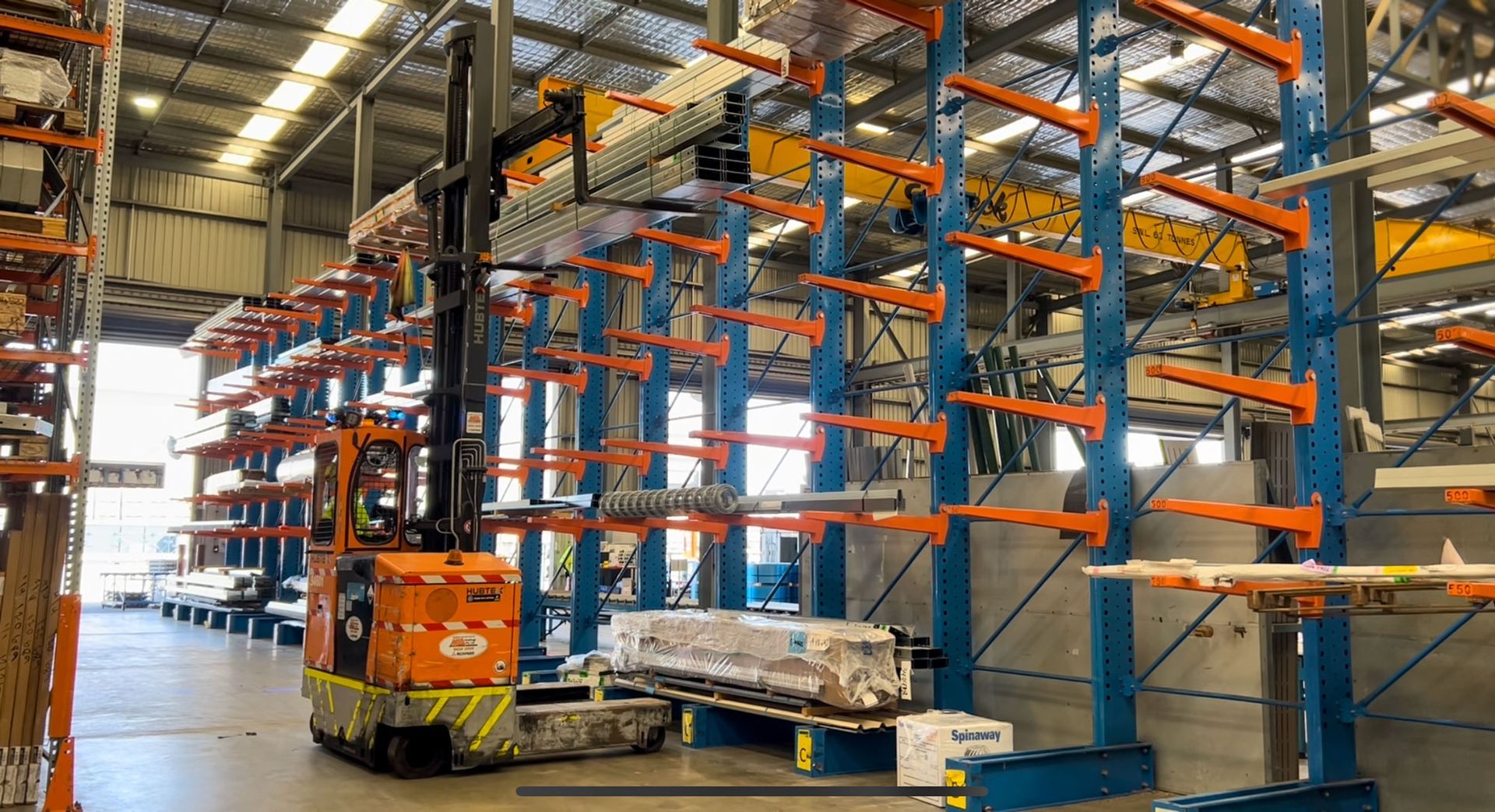Essential Criteria for Forklift Training and Certification
Forklift training is not just a requirement, it's a crucial step towards ensuring safety and productivity in WA with our vast industrial and manufacturing sector. Whether you’re an employer striving to maintain high safety standards or a prospective forklift operator, understanding forklift training requirements is valuable. This article delves into the benefits of hiring fully certified forklift operators for your business, the requirements for forklift training and what a forklift licence actually is.
Why Do I Need Qualified Forklift Drivers for my Business?
Penalties of up to $3000 may apply for people who operate a Forklift without a licence. The fine for an employer who has instructed or allowed an employee to operate a forklift without checking that they have a full licence or competency beforehand is even greater. If an incident has occurred, the fines can be from $100,000 to $10 million, depending on how serious the accident was. For a course that only takes a few days, the cost of taking the step is minimal when measured against the cost of taking the risk.
Forklift Licence
So what actually is a forklift licence? A forklift licence is a type of high-risk work licence required to operate a forklift in Australia legally. Forklift operators and those who employ forklift drivers must comply with specific licensing requirements and safety obligations. It ensures that the operator has done the right training and knows the forklift safety rules and how to apply them in a real-life setting so you can minimise dangerous accidents related to forklifts, thus saving your company money in the long run.
How to Get a Forklift Licence
- Enrol in a Forklift Training Course: Enrolling in a forklift training course is the first step to obtaining forklift licences. Choose a course from a registered training organisation (RTO) that covers forklift training.
- Complete Training: Do theoretical and practical training.
- Pass Assessments: Pass practical assessment and theory exam. Passing these assessments is mandatory to operate a forklift legally.
- Apply: After that, apply for the licence with a photo ID and other documents.
- Licence: And that’s it, you’ll have your forklift licence to use a forklift legally.
Benefits of Forklift Training and Certification
Forklift training and certification is a win-win situation for both the employer and the operator, offering a range of benefits that go beyond just compliance.
Employer:
Not only does hiring fully trained forklift operators promote workplace safety, but it also has many other benefits that can save your business time and money.
- Workplace Safety: Trained and certified operators = safe workplace. Employers have the responsibility to promote a safe workplace for their employees. Hiring fully certified forklift operators and training current staff will help to reduce the risk of any injuries, helping to save you money in the long run.
- Compliance: Hiring fully trained forklift drivers ensures that you Meet national safety standards and receive no legal penalties. When forklift injuries occur at the workplace, the cost of the damage will fall back onto the business owners. Medical bills can cost an employer thousands of dollars. Hiring fully trained forklift operators can help to lower these risks.
- Operational Efficiency: Skilled operators mean daily operations run cheaper. Hiring people who are fully qualified Forklift Operators, as well as those who have experience operating, can help to improve the productivity levels of the company. Forklift training can help employees to feel more confident in their abilities too, operating quickly and efficiently.
- Cost savings: A fully trained forklift driver will be aware of the steps required to prevent physical damage. They will know how to carefully lower pallets as well as not overloading the forklift, leading to less injuries and accidents.
Operator:
- Skills: Training means you’ll be able to drive and use a forklift safely and productively.
- Legal Compliance: You are required to have a licence to operate a forklift legally in Australia, so you need it if you want to operate forklifts.
- Employability: Certified operators are in demand – better jobs and career progression.
If you're serious about forklift operation, it's crucial to understand and meet the training and certification requirements. Enrolling in a reputable RTO and completing a comprehensive forklift training course will equip you with the necessary skills and knowledge to operate a forklift safely and legally. Having an up-to-date forklift licence is beneficial for your career and overall workplace safety. Once you're qualified,
send us your resume so we can help kickstart your forklift work experience.
What are Registered Training Organisations (RTOs)?
RTOs are key to good forklift training. They’re government-accredited to deliver training and assessment to national standards. When choosing an RTO, make sure they have a history and trainers with experience.
Comprehensive Forklift Training Course
A good forklift training course means operators can use a forklift safely and productively. It combines classroom and hands-on training. At IRP, we ensure that all of our candidates have completed a comprehensive forklift training course with a Registered Training Organisation.
Requirements for Forklift Training
Knowing the forklift training requirements is step one to getting a forklift licence. In Australia, forklift training is theoretical and practical and gives operators the skills to drive a forklift safely. It covers different types of forklifts, safety rules and load calculations. While a driver's licence is not needed to obtain a forklift licence, it may be necessary if the forklift is used in specific settings.
Basic Prerequisites to Forklift Training
- To take the test, you must be at least 18 years old
- You also must be able to read, write and understand English for safety reasons
Forklift Training Components
- Theoretical: The theoretical part is the paperwork requirement for forklift training.
- Practical: The practical part is where you’ll get hands-on experience.
- Safety Rules: Safety is a critical component of forklift training. In your course, you’ll cover occupational safety, daily safety checks and safe lifting.
- Assessment and Certification: The last component is a practical assessment and theory exam under a WorkSafe assessor. Successful completion of these assessments is required to be issued with the necessary documentation and licences.
If you’re looking for already qualified and experienced forklift drivers in Perth, our team at IRP can help. We specialise in the recruitment of certified forklift operators for a wide range of industries. Our team possesses a deep understanding of forklift operations and the unique demands of different work settings, guaranteeing that we match the ideal forklift operators to your specific requirements.
We focus on finding forklift drivers who are not only qualified but also have the right skills and experience to operate forklifts safely and efficiently. With such a wide range of forklifts and so many applications to forklift jobs, it’s far easier and more effective to work with an agency who has a detailed understanding of forklift operations.
Get in touch with our team to find out how we can help your business.
Join Our Mailing List
Receive the latest industry news, HR and safety advice, and recruitment and retention tips straight to your inbox each month!











